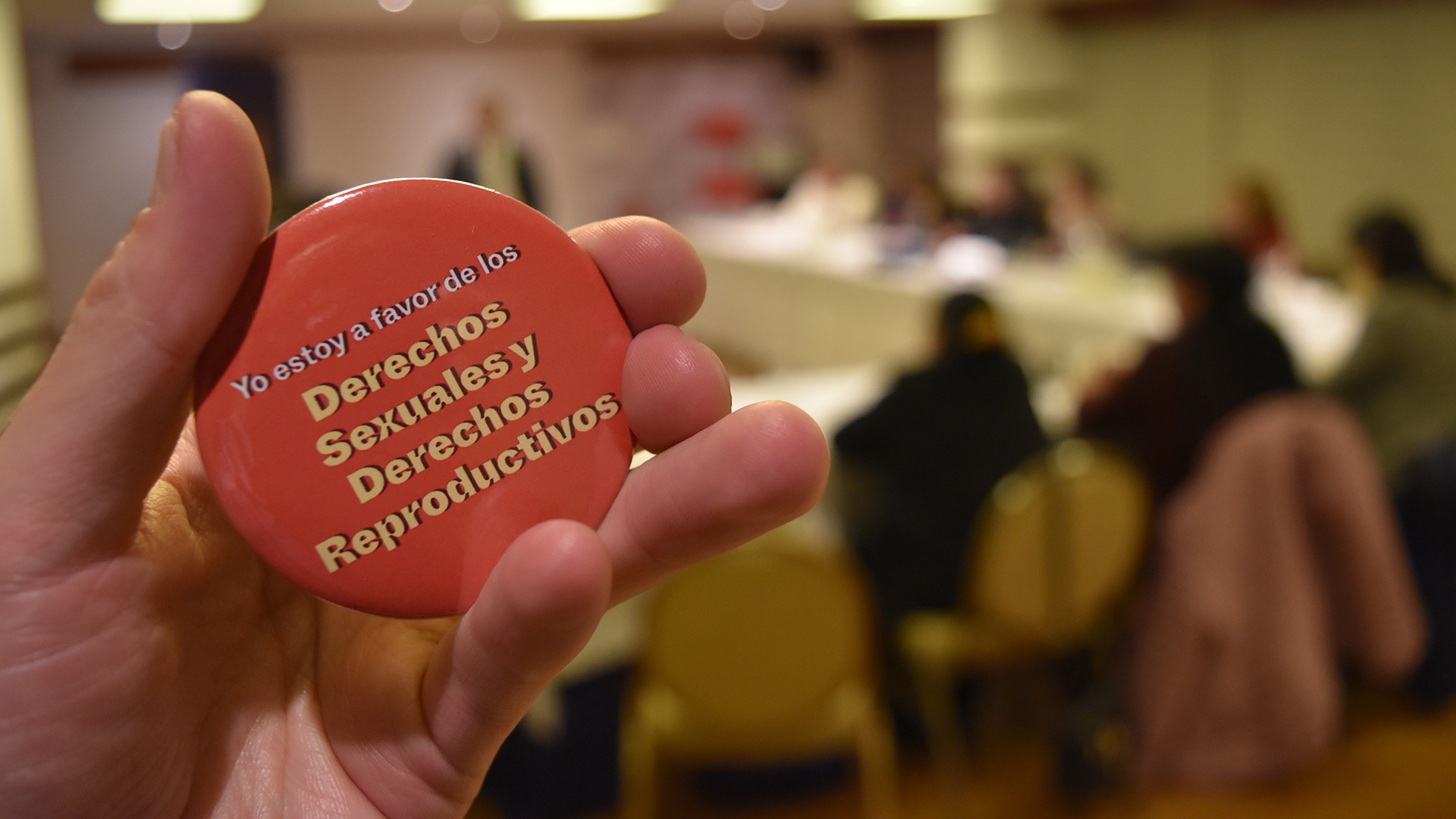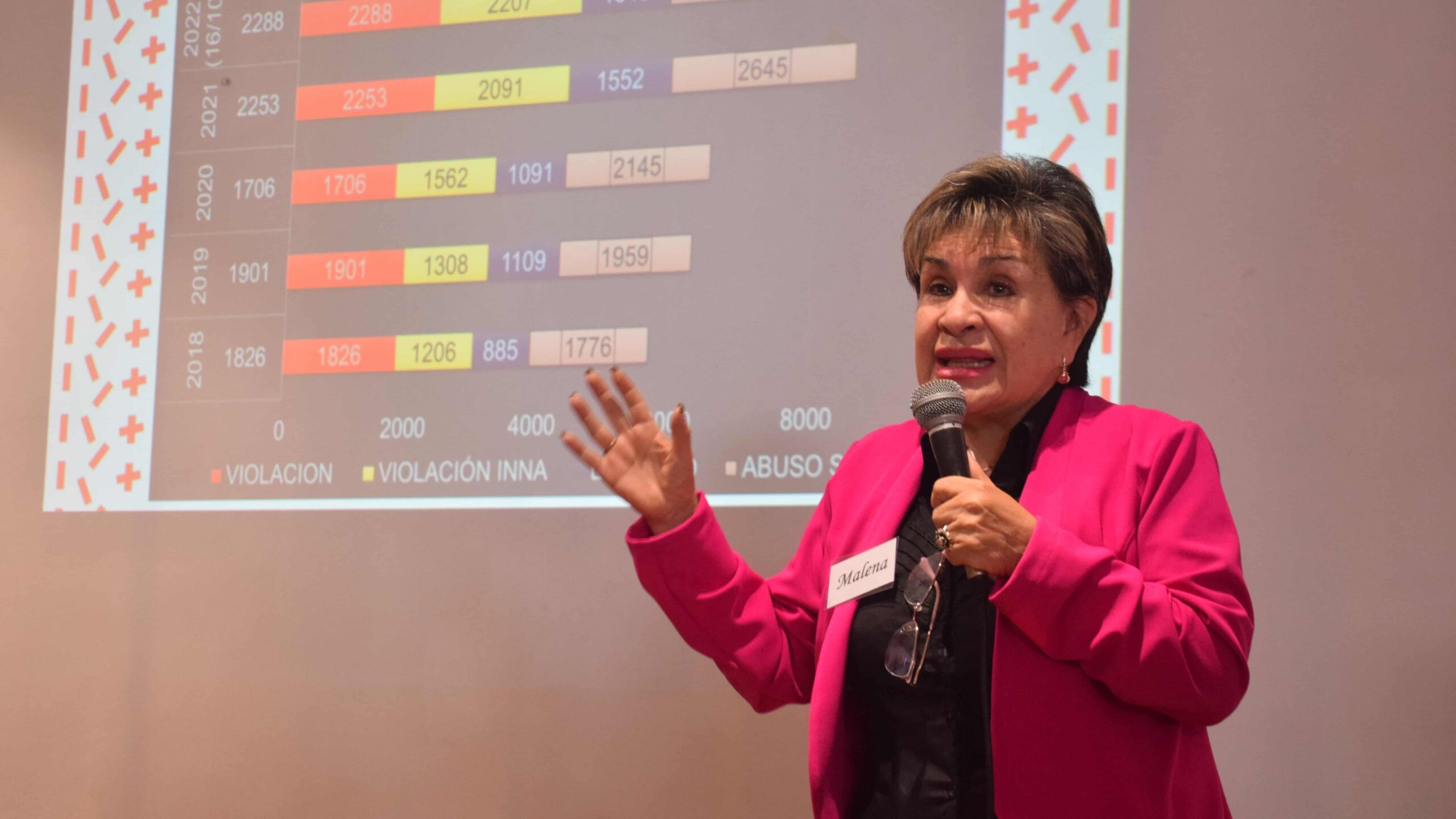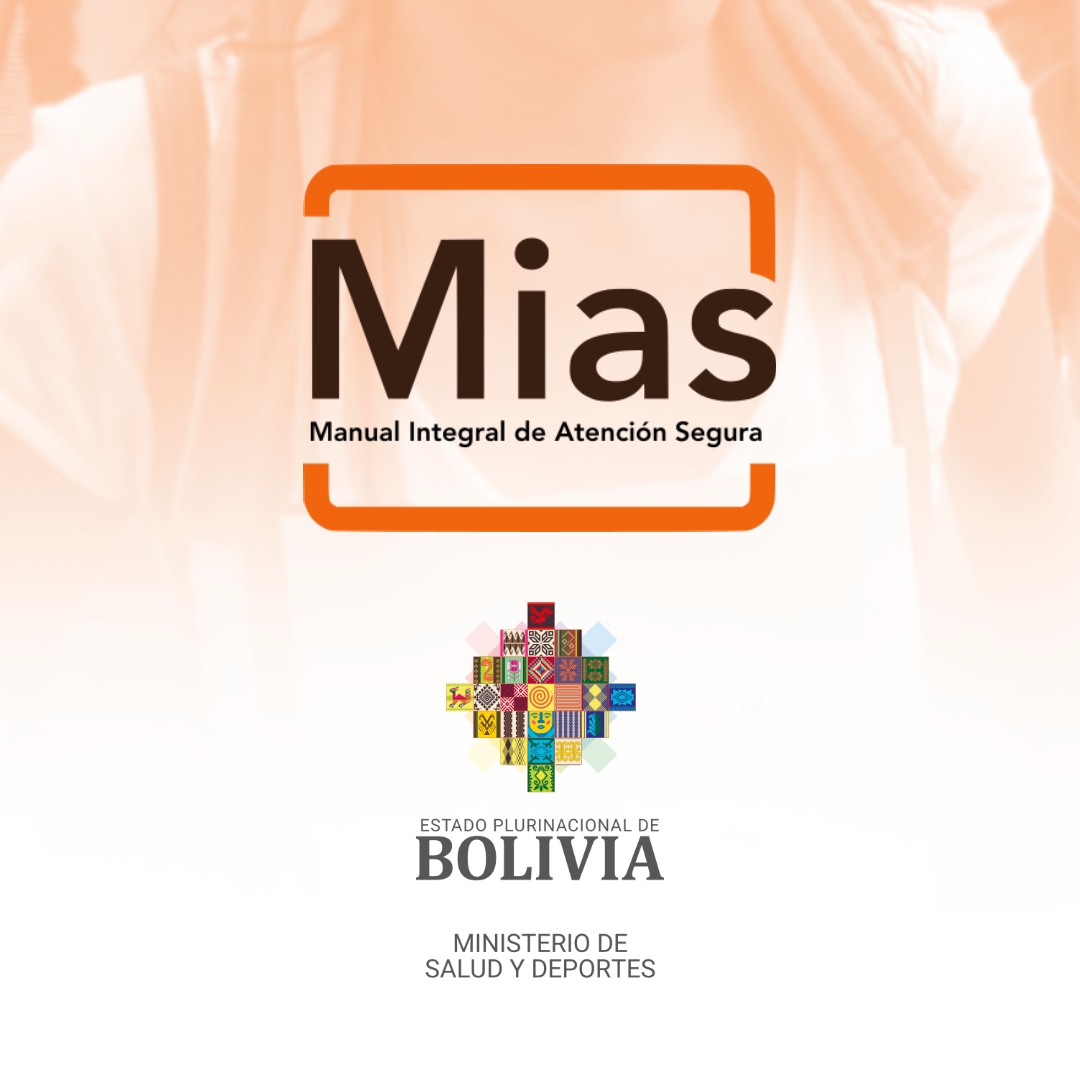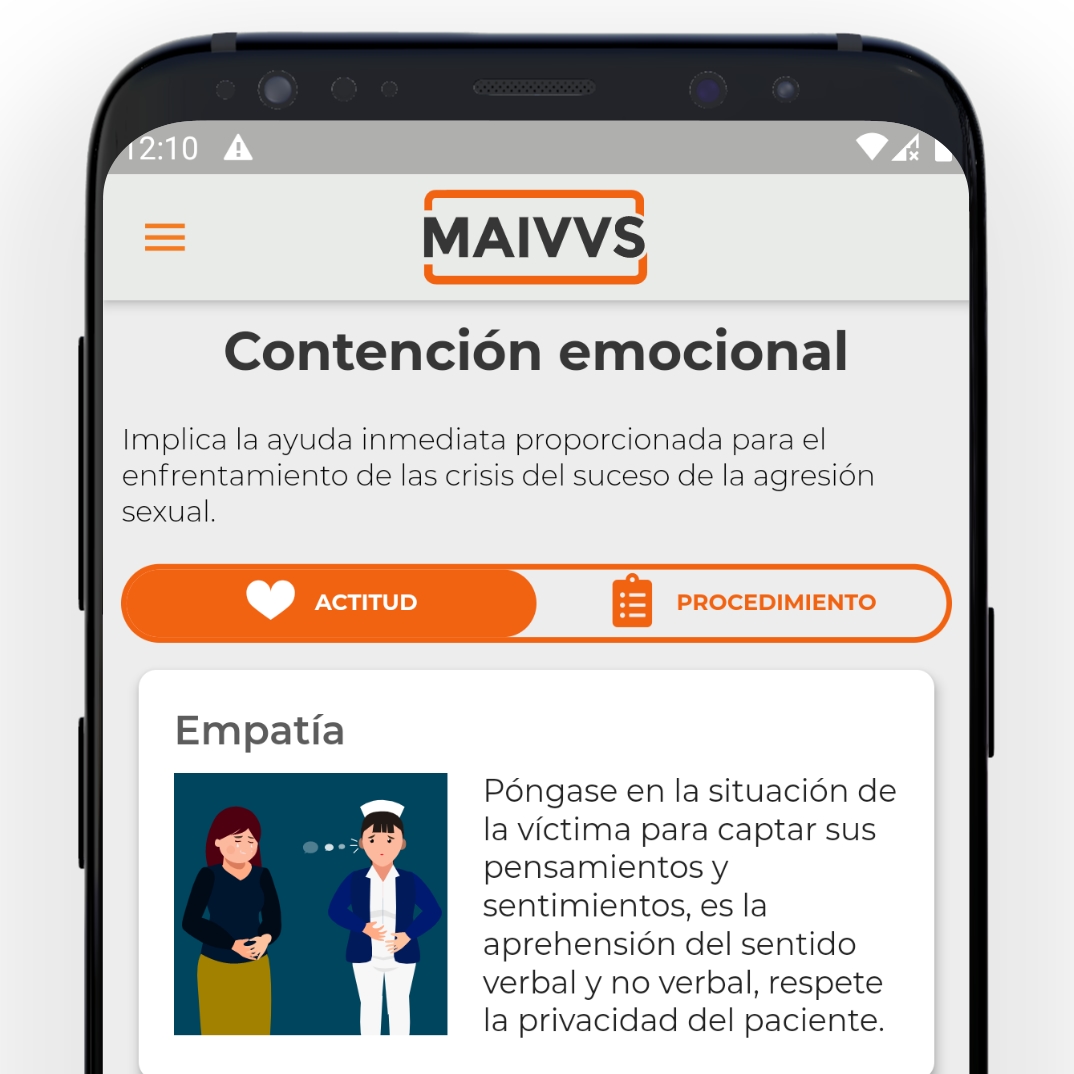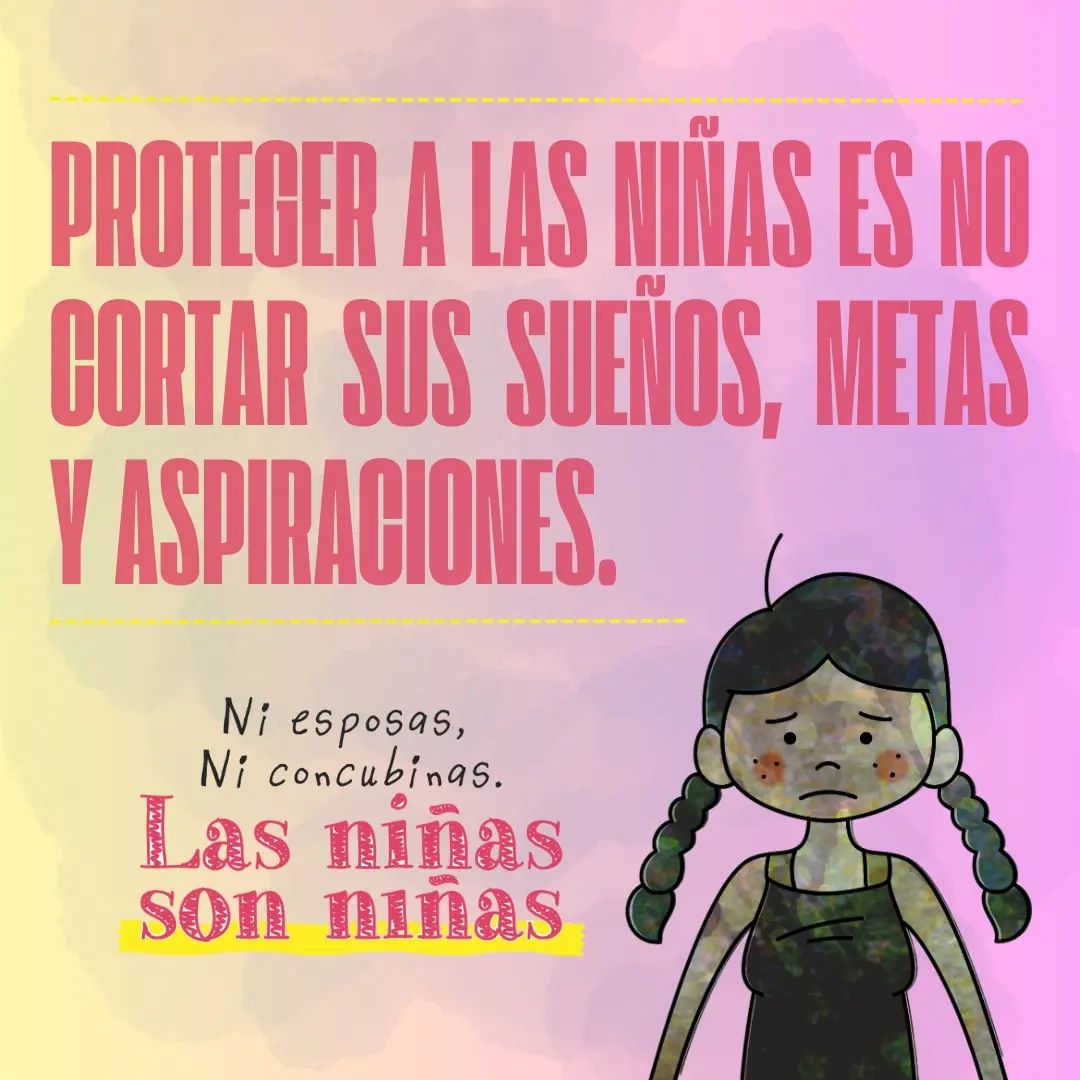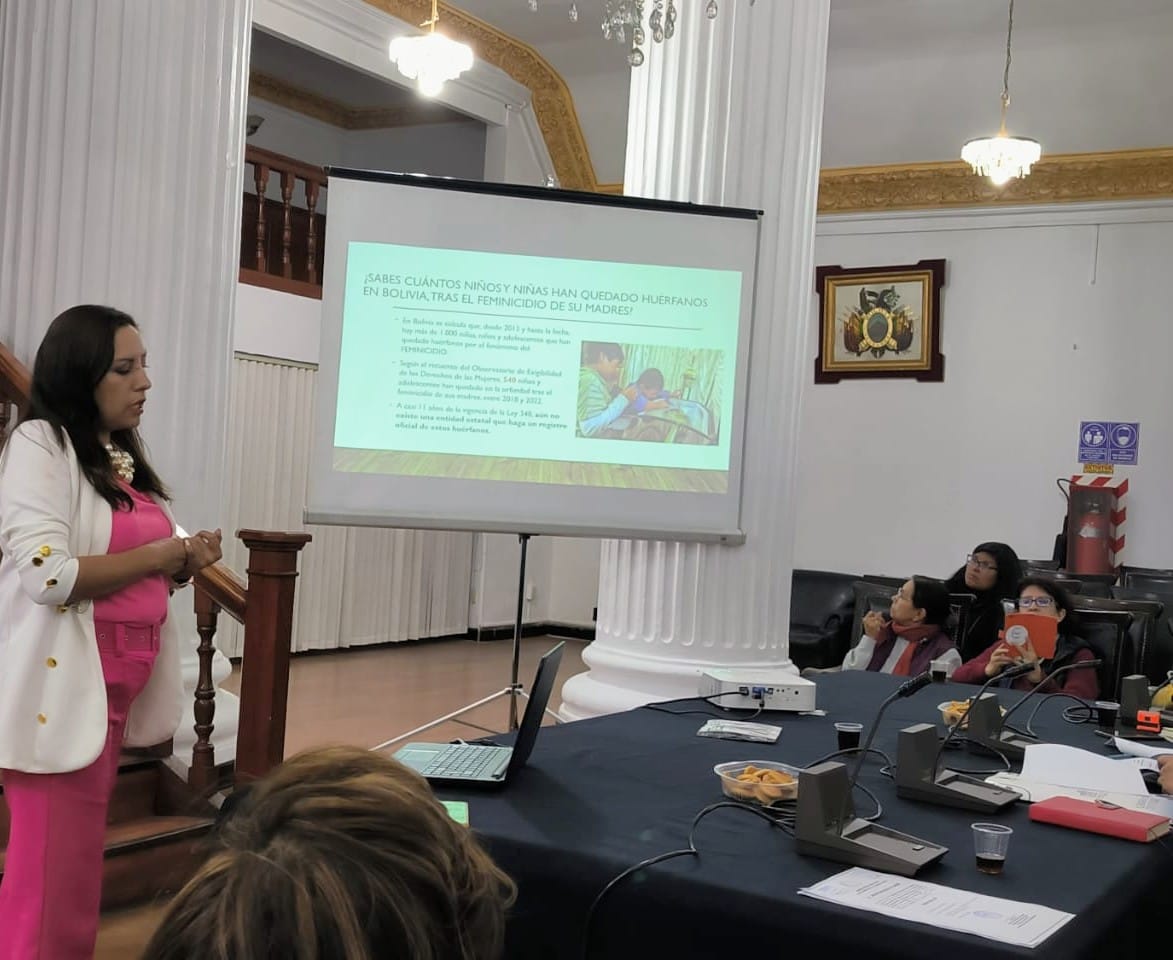More than 50 institutions that make up the Alianza Nacional por los Niños, Niñas y Adolescentes Huérfanos de Feminicidio (National Alliance for Children and Adolescents Orphaned by Feminicide) are lobbying the Plurinational Legislative Assembly for a law to care for orphans left behind by women who were murdered.
Last Wednesday, the members of this institution had the first meeting with the Human Rights Commission of the Assembly. Several aspects of the proposal were discussed.
The most important sections of the draft law are: to provide these children and adolescents with a bonus or economic pension. Also, food, psychological therapy and access to health care, educational units and universities and scholarships, among others.
Mercedes Cortez, representative of the Fundación Voces Libres, an institution that is part of the Alianza Nacional por los Huérfanos de Feminicidio, noted that in 11 years since the crime of feminicide was included in the Penal Code, there is no official registry of orphans. Nor is it known what the future of these children and adolescents was.
“It is not considered that behind each murdered woman there are children who have been orphaned and we do not know how they are. The State’s neglect is so great that, almost 11 years after the crime of feminicide was included in the Bolivian Penal Code, to date there is no official registry of these orphans,” he lamented.
You can also read: Katherine is the first femicide victim of 2024; her ex-partner stabbed her to death
ORPHANS
According to data from Voces Libres, it is estimated that since Law 348 came into force in 2013, more than 1,000 children and adolescents were orphaned in the country, following the femicide of their mothers.
Cortez emphasized that most of these children were not only traumatized by the loss of their mothers, but were also witnesses to these crimes. They are also witnesses to the sentences handed down by the courts against their fathers or stepfathers, which is why they require comprehensive care.
The Alliance for the Orphans of Feminicide brings together 57 institutions and organizations that decided to join forces to make these generations visible and promote a law that guarantees the fulfillment of their rights and comprehensive care for all their needs.
The next meeting to move forward with the bill is scheduled for March 1.

